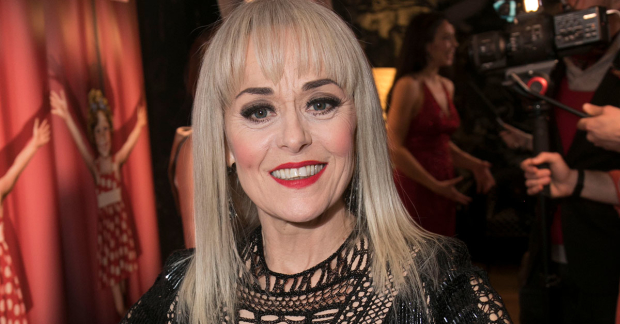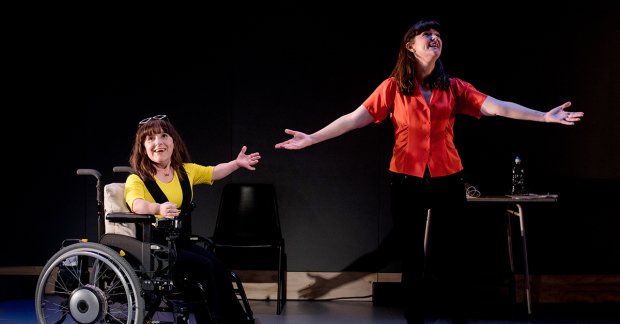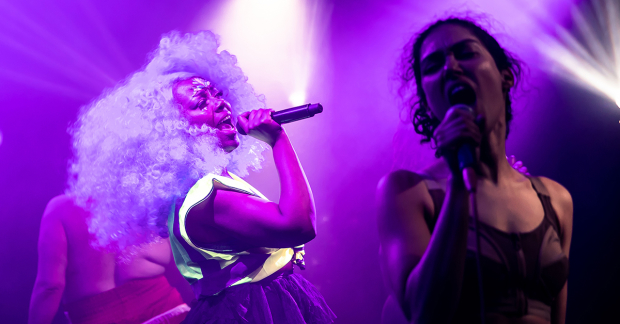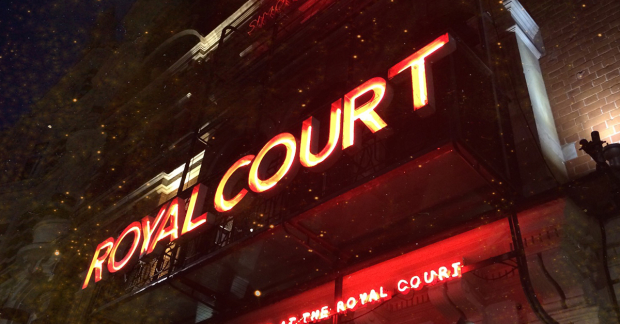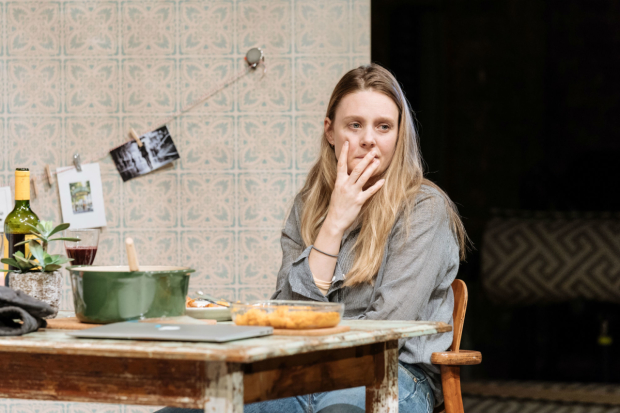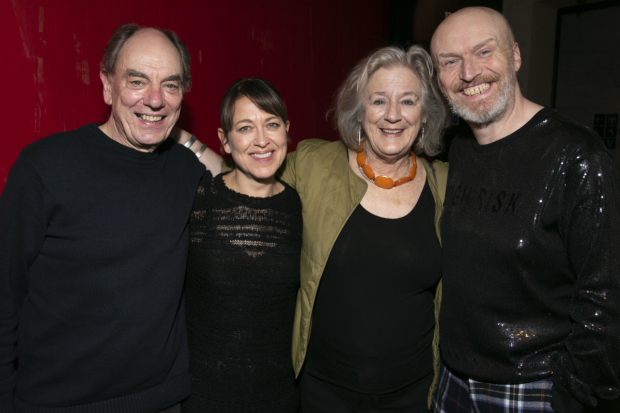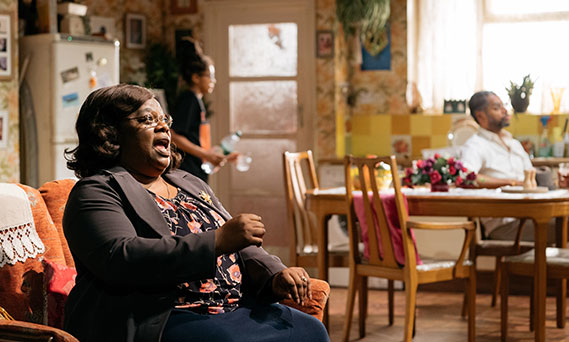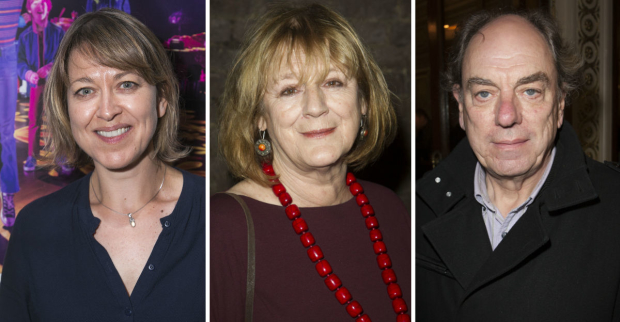Review: The Cane (Royal Court)
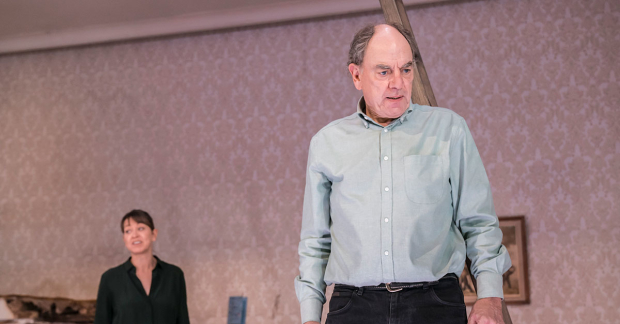
© Johan Persson
It's good to have Mark Ravenhill back writing for the stage. There's been a long gap since his distinctive, precisely measured voice was heard, and one of the thrills of this intensely troubling and challenging drama is to listen to it again: each word finding its mark, like a carefully wielded knife, every stress making you lean in, wondering what exactly might happen next.
It's even longer as far as I can tell since Alun Armstrong walked the boards, yet his central performance here is a wonder, a seething mass of different emotions that can each be read as they cross his face. He plays Edward, the deputy head of a comprehensive school, a man who has served his pupils for 45 unbroken years. Yet as his wife Maureen (Maggie Steed) prepares his retirement party, a mob of boys has gathered outside his house, throwing a brick through the window and threatening worse.
"Why would they attack the most popular teacher in school?" asks their estranged daughter Anna, turning up out of the blue for an unexpected visit. Over the next hour and forty-five minutes, in a production of unbroken tension directed by Vicky Featherstone with superb poise, we discover exactly why. It all centres on the cane, which Edward wielded as a form of punishment and justice, until its use was banned in 1986.
Ravenhill takes this fact to examine, with sophistication and toughness, just how much an institution and how much an individual has to take responsibility for such acts; how much the past should condition our views of the present; and most pressingly and perturbingly how much the very presence of an instrument of punishment, and the right to use it, can encourage and legitimise violence.
Violence in fact lurks behind every clipped word. This is an unhappy family, where young Anna once attacked her father with an axe, leaving scar marks which can still be seen on the wall. Her mother seems to hate her, making a bonfire of her possessions. "We didn't want any memory of you," she says, her mouth working angrily round the edges. Yet when Edward first appears, mild-mannered and conciliatory you wonder why he has provoked such rage.
Gradually, Ravenhill reveals different truths. The scene where Edward intimidates the previously unruffled Maureen, bullying her with all the authoritarian assumptions of his patriarchal rights is a terrifying revelation. So is the way that Anna reverts to the watchful worry of a child.
But the play doesn't weight its arguments too heavily. It is Anna who works in an Academy School and spouts the virtues of preparing children for work by teaching them to look straight ahead, and Edward who argues for the learning difficulties of refugees. It is Anna too who is just as burdened by the past as her father.
The language and dialogue are like Chloe Lamford's battered set, both realistic and metaphorical. As the ceiling literally closes on them, the action becomes more and more claustrophobic, the suggestion of all that is hidden in the looming attic above more alarming. And the performances are simply sensational.
As Maureen, Steed perfectly suggests a woman who was once a free spirit but has been hardened into an acquiescent partner, frightened of her own feelings. The moment when her eyes light with mischief when Anna suggests seeing her grandchildren, is extraordinary. Nicola Walker too owns the space, suggesting the daughter's pain as well as her practical, hard-headed survival tactics. The moment when she stares across the stillness at her father, both of their faces lit by pure hatred is quite astonishing.
As for Armstrong, the subtlety and expressiveness of his portrayal turns a character who could have seemed a monster into a fallible man, one who has clung to a system that may well have betrayed him as much as it has the boys he has hurt. Utterly terrific.



